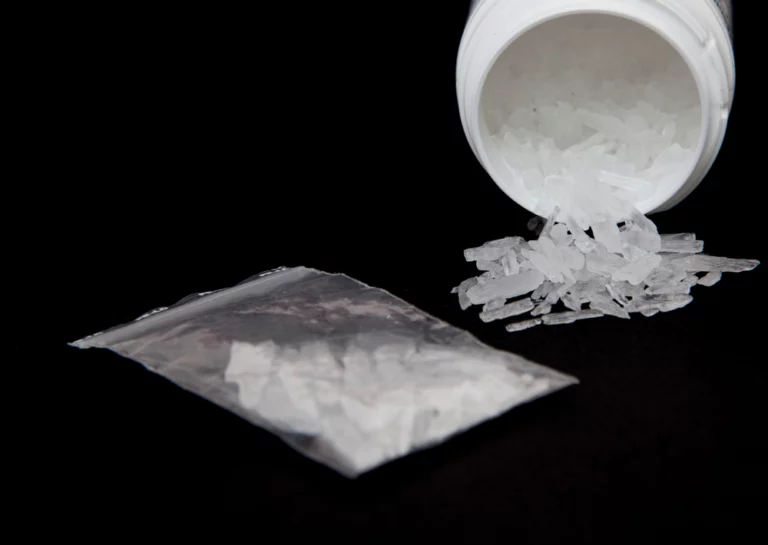According to the most recent National Survey on Drug Use and Health, there were an estimated 1.5 million cocaine users in the United States; many of these users are likely addicted to the substance. Fortunately, there are several treatments and strategies an individual can use to treat addiction, including adventure therapy. Although it may seem unorthodox, adventure therapy is a feasible and effective treatment for cocaine addiction.
How a Cocaine Addiction Affects a Person
Cocaine, also known as “coke”, is a stimulant. When ingested, it primarily affects a person’s central nervous system. When used repeatedly over long periods of time, cocaine can have several negative effects on the human body. According to the National Institute on Drug Abuse, cocaine use can affect the body in both the short and long term. In the short term, cocaine use can cause an increase in energy, hypersensitivity, irritability, and paranoia. In the long term, cocaine use can lead to a variety of issues, including loss of smell, asthma, a higher risk for pneumonia, bowel decay, malnourishment, and movement disorders.
One of the worst effects of cocaine addiction occurs inside a person’s brain. Cocaine affects the brain by forcing neurotransmitters to release large quantities of a chemical called dopamine. When released, this chemical causes feelings of pleasure and joy. However, cocaine overloads the neurotransmitters, damaging them. In doing so, the body is forced to adapt, which makes it harder for the brain to release dopamine whether a person is sober or not. Fortunately, this effect can eventually be reversed over time once a person becomes sober.
Adventure Therapy Explained:
The effects of long-term cocaine addiction can severely affect a person’s mental and physical health as well as their life in general. However, there is hope for those living with cocaine addiction. One of the many forms of treatment for this addiction is adventure therapy. This type of therapy typically consists of talk therapy, challenges, and a change of environment. The goals of adventure therapy for cocaine use are to treat the underlying mental issues associated with addiction while providing a patient with a sense of stability and lasting change.
Oftentimes, adventure therapy takes the form of a group of patients with a similar disorder, such as cocaine addiction, and addiction specialists and counselors going on one or more excursions to a natural environment like the wilderness. While on one of these adventures, patients are encouraged to not only immerse themselves in the new environment but to engage in a variety of activities designed to treat addiction. These activities typically challenge patients to self-reflect in order to identify triggers for cocaine use and build coping skills to avoid any future cocaine use.

Outcomes of adventure therapy substance use disorder
Adventure therapy offers numerous benefits for treating individuals with cocaine addiction. These benefits can include:
1. Increased Self-Reflection and Reflection Skills
Self-reflection is an important aspect of life and living. However, learning how to properly self-reflect can be extremely beneficial for individuals with cocaine addiction. Through the process of self-reflection, a person can discover why they used cocaine and what may trigger them to want to use the drug in the future. By identifying their triggers, they can work to anticipate and avoid them, keeping them sober.
2. Learning and Using Coping Strategies
Unfortunately, a cocaine addiction does not go away when a person becomes sober. Sobriety requires constant effort and determination, but it can be made easier with helpful coping strategies. While involved in adventure therapy, individuals can learn and use various coping strategies to find what works best for them. Once they find a strategy or strategies that work for them, they can use them to maintain their sobriety, even when the urge to use cocaine is triggered.
3. Improved Social Abilities
Adventure therapy commonly occurs in groups. This is because addictions can often cause people to feel isolated. By working in groups, individuals who engage in adventure therapy can improve or relearn social skills while also learning more about recovery and coping from others who can truly empathize.
4. Improved Mental Health
Because adventure therapy aids in self-reflection, coping strategies, and social skills, it often leads to overall improved mental health. Most individuals who engage in adventure therapy also find improved mental health just by going on the adventure itself. For some, a change of environment can be a major factor in their mental health.
Looking for a Drug Rehab in Tennessee?
Living with an addiction, especially a cocaine addiction, is difficult. Fortunately, adventure therapy provides assistance to individuals looking to begin a life in recovery. By using adventure therapy, one can improve their self-reflection skills, learn coping strategies, improve their social skills, and improve their mental health overall.
For more information on adventure therapy and other forms of treatment for cocaine addiction in Tennessee, contact Knoxville Recovery Center today! Our team of addiction specialists are happy to provide you with more details and find a program that fits you!










